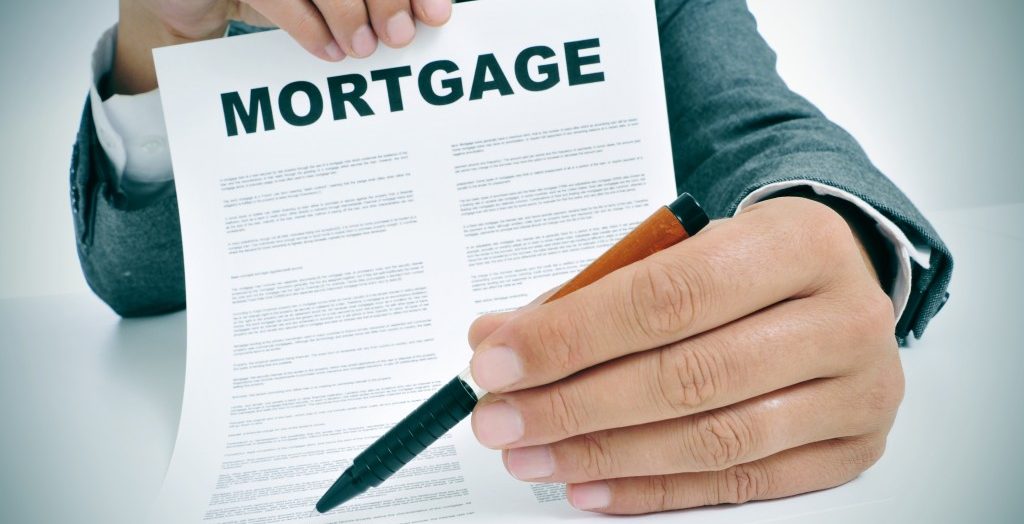A house is one of the most expensive things that you will buy in your lifetime. Needless to say, you need to be financially prepared before you buy one.
Getting a mortgage will require you to have some level of financial capability. But regardless of the size of your loan and the terms of your loan, you need to prepare for the initial expenses and the lifestyle you will have after you buy the house.
Here are some tips that should help you:
1. Save up for a down payment
Experienced mortgage brokers in Salt Lake City and other major places typically require you to put down 10-20%. However, some lenders will let you get a loan for a 5% down payment or less. Either way, you need to save up for a down payment before you start looking for a house.
It is generally recommended that you save up for at least 20% down payment to get lower mortgage rates and better choices on houses. Apart from that, you also need enough cash for taxes, insurance, repairs, and other costs. Thus, if you want to buy a house, you better start saving as soon as you can.
2. Build an emergency fund
You never know when an unexpected expense might come your way. Hence, it's better to be prepared with a healthy emergency fund.
Save at least three months of living expenses in an account. This fund will serve as your safety net in case a costly incident comes your way, such as an emergency medical procedure or a large repair bill. Moreover, it can help you pay your mortgage if you suddenly lose your job or spend the mortgage money for a more important expense.
3. Improve your credit score
One of the first things that mortgage lenders look at is your credit, and if they see a poor score, they may see you as a high-risk borrower and thus offer you a loan with high interest.
Improve your credit by downsizing your debts, paying your bills on time, and controlling your budget, among many other tactics. If you're having trouble paying off your debts, you can try consolidating them into one loan.
4. Avoid adding to your debts
Another factor that lenders will look into is your debt-to-income ratio, which is the measure of your current debts against your total income. If your DTI ratio is low, lenders will see you as a low-risk borrower. When combined with a good credit score, then you're the ideal debtor.
A good way to lower your DTI ratio is to avoid incurring new debts, such as a new car, personal loan, or payday loan. In addition, you should avoid spending more than you can afford on your credit card to keep your debt low.
Buying a house is a huge financial obligation. And if you're not financially ready for it, you could end up falling off a slippery slope. If you want to buy a house in the next year or so, remember these tips while you prepare your finances.






